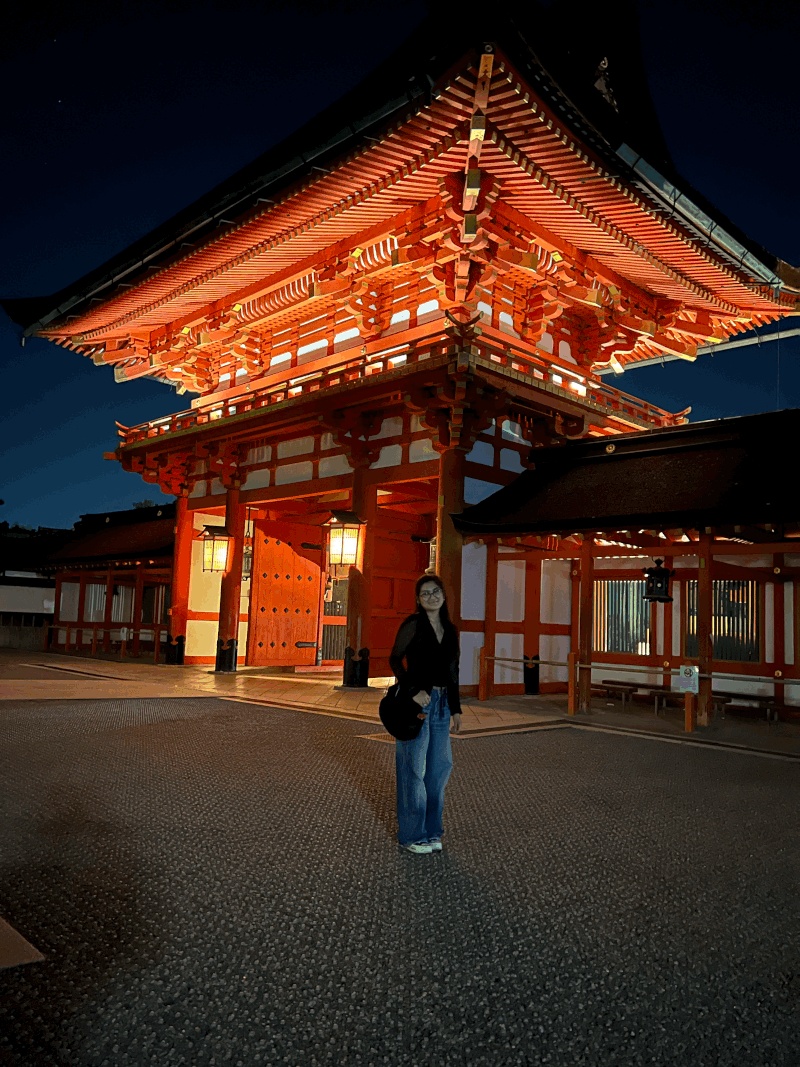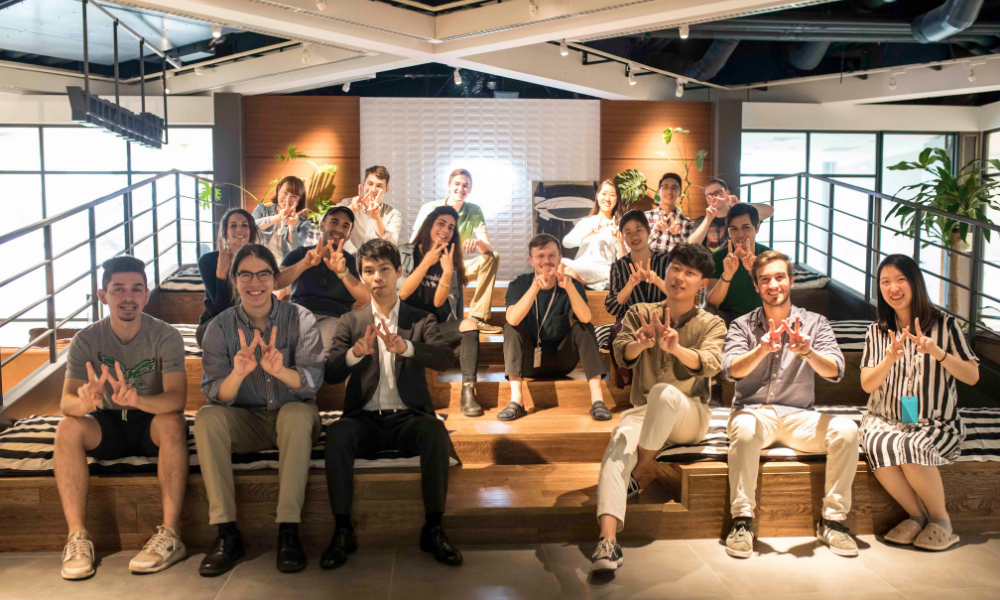
16 Apr 10 Things to Know Before Interning in Tokyo
Table of Contents
Are you ready to accelerate your career with an internship in Tokyo?
You’re in for a grand adventure.
Pursuing an internship in Tokyo isn’t just about getting your foot in the door. It’s about immersing yourself in a culture that’s as diverse as it is beautiful – and it will redefine your professional outlook forever.
But wait! Before you stamp that passport, here are a few things you need to know.
Can Foreigners Intern in Japan?
So, can you even intern in Japan? The answer is a resounding ‘yes!’ Japan has been taking significant strides to expand global internship opportunities for foreign students.
The country recognizes the value of international perspectives and is actively seeking out fresh talent from across the globe in all kinds of fields, from marketing to business and more.
There are specific programs and visas tailored for such internships (and for various types of internships, like technical internships), making the process smoother than you might think.
Should I Do an Internship in Japan?
An internship in Japan can be one of the most rewarding experiences in a student’s academic and professional life. Here’s why:
-
- Global Exposure: The work culture in Japan is renowned for its efficiency and discipline, offering a unique work environment starkly different from Western practices. Immersing yourself in this kind of environment can fortify your adaptable skills and provide you with invaluable global exposure.
- Learning the Ropes: Internships in Tokyo often mean internships with mammoth multinational corporations, including names like Sony and Toyota. The learning potential is colossal. You’ll gain real-world insights and best practices that could set you up for a stellar career.
- Cultural Enrichment: Tokyo is a treasure trove of cultural experiences. From traditional tea ceremonies to state-of-the-art technology exhibitions, you’ll be spoiled for choice. Yet the really enriching part is the cultural exchange that takes place in everyday work interactions.
What Do I Need to Know Before Working in Japan?
Now that you understand the basic benefits, it’s time to dive into the good stuff – how do you get yourself ready for an internship in Tokyo?

Here, “business as usual” takes on a whole new meaning. Japanese work culture is one that’s rooted in tradition and respect. You’ll Want to take some time to familiarize yourself with cultural and professional norms.
Let’s take a look:
1. Get Good at Introducing Yourself
In Japan, the act of self-introduction is an art form. It involves a slow bow, with men keeping their hands by their sides, and women with their hands folded. Eye contact is considered essential, as it reflects confidence and respect.
2. Bring Along Some Business Cards
Meishi, or business cards, are considered a part of your professional identity. Always have a stack of freshly-printed cards and be ready to receive them with both hands. Place them in a card holder, and whatever you do, don’t stuff them in your back pocket.
3. Be Polite
Japanese offices often have an open layout, which means everyone (especially your boss) can hear you. Speak quietly and put your phone on silent. If you must take a call, step outside and don’t forget to apologize.
4. Dress to Impress
For the most part, interns in Japan are expected to dress formally. Sloppy attire or overly casual outfits will not cut it in the ultra-conservative environment of a Japanese office.
5. Be on Time
You’ve heard of fashionably late? Well, that’s not a thing in Japan. Aim to be early by at least 10 to 15 minutes. Punctuality is highly regarded and is a non-negotiable aspect of Japanese work life.
You probably shouldn’t plan on leaving early, either. Japanese workers are known for being some of the most diligent, with nearly a quarter of employees logging more than 49 hours per week.
6. Say Yes
In Japan, showing enthusiasm and willingness to contribute is key. Say ‘yes’ whenever possible, and always be ready to lend a hand. If you’re asked to do something you don’t want to, keep it to yourself, and do not show your reservations.
7. There Might Be a Language Barrier
While English is spoken in Tokyo, public transport announcements and street signs might not always keep up. Learn a few Japanese phrases, especially those that can help you get around and interact with your colleagues.
8. Go to Office Parties
Enkais (office parties) are the perfect opportunity to bond with your colleagues. They might get a little wild, but it’s all in the spirit of team-building. Even if you don’t drink, be sure to attend and participate.
9. Don’t Forget Your Face Mask
If you’re not feeling 100%, wear a face mask as a courtesy to your colleagues. It’s a cultural custom in Japan that sometimes extends to the workplace.
10. Bring Along Some Omiyage
On your first day, don’t forget to bring along a small gift from your home country as an icebreaker. Something as simple as individually wrapped cookies will be appreciated and remembered.
How Long Are Internships in Japan?
Some programs last for a semester, allowing you to return to your home university. Others could potentially be longer, depending on the needs of the company.
It’s important to clarify this beforehand, so you can plan your time and finances accordingly.
How to Find an Internship in Tokyo
Finding an internship in Tokyo can be a daunting task, especially if you’re not sure where to look. Resources like the job boards of your home university, career fairs, or even dedicated internship placement programs can be your guiding light.
But your best bet? Partner up with an organization like Absolute Internship.
Working in a Japanese company is akin to becoming part of a well-oiled machine. The employees work tirelessly, like the hourly chimes of a clock in a bustling city. Your role as an intern should mirror this dedication, with a sprinkling of your own culture and personality to enrich the team. It doesn’t have to be a one-way street. You have a lot to offer, too!
On the fence about interning in Tokyo? Take the leap and sign up with Absolute Internship. It’s more than just an internship. It’s a cultural adventure just waiting to unfold.


No Comments